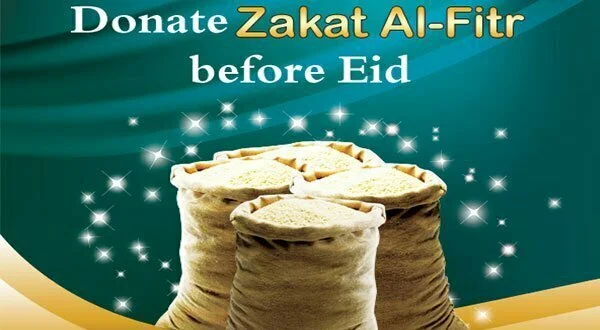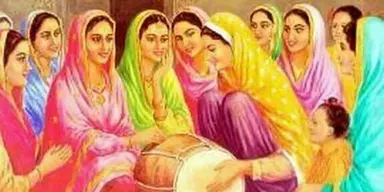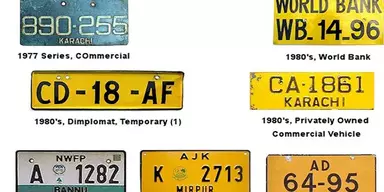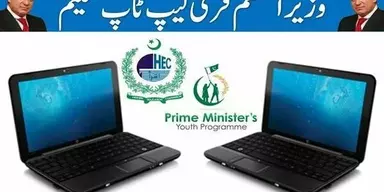The minimum amount of one of the most obligatory activities of Eid al-Fitr, Fitrana, has been fixed at Rs. per person for Eid 2016 in Pakistan. According to the press release issued by the Central Ruet-e-Hilal Committee, the amount for Fitrana has been announced by Chairman Mufti Muneebur Rehman after consulting with rest of the Ulema of the Committee.
According to the Mufti Muneebur Rehman, the amount of market price of 2.25KG of flour is Rs. 100 and same is the amount of Fitrana for Eid al-Fitr 2016 in Pakistan.
Fitrana that is also called as Zakat al-Fitr is a charity given to the poor at the end of fasting of Ramadan. According to Islamic Sharia, Fitrana can be paid on or equal to the worth of wheat, barley, date, and raisins. The Fitrana equal to the price of barley, dates, and raisins for the year 2016 is Rs. 200 and Rs. 1,120 and Rs. 2,200 per head respectively.
Mufti Muneebur Rehman advised all Muslims to pay the amount payable according to Sharia to the poor before Eid al-Fitr so that they could also celebrate the festival.
Fitrana Amount for Shia Muslims
The above mentioned Fitrana amount is for all Muslims except Shiite Muslims. Shiite scholar and speaker of Imambargah F-11 Markaz Islamabad, Allama Syed Zafar Abbas set the minimum of Fitrana amount Rs, 150 for Fiqh-i-Jafria. Those Shia Muslims eat wheat will pay Rs. 150 as Fitrana amount and those eat wheat and rice will pay Rs. 300 per person as Fitrana amount.
When to Pay Fitrana
Fitrana is only Wajib for a particular time period of time. It must be paid from sunset on the last day of fasting and remains payable until the start of Eid Prayer. According to most of the Islamic Scholars it can be paid prior to the above mentioned period as it will make the poor able to make preparation for the festival of Eid.
Who is Entitled to Receive Fitrana
The distribution of Fitrana is much like Zakat. It is distributed in eight categories of recipients that are like the receiver of Zakat. They include:
- the poor
- the needy,
- collectors of Zakah,
- reconciliation of hearts,
- freeing captives / slaves
- debtors
- those fighting for a religious cause or a cause of God or for Jihad in the way of Allah[5] and for Islamic warriors who fight against the unbelievers but are not part of salaried soldiers
- the traveler















